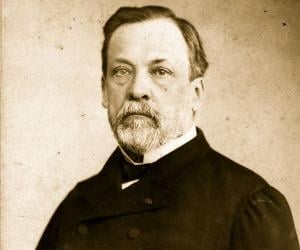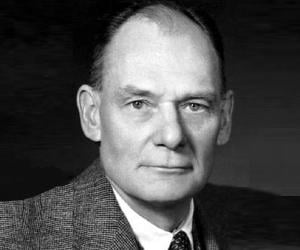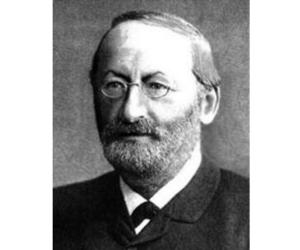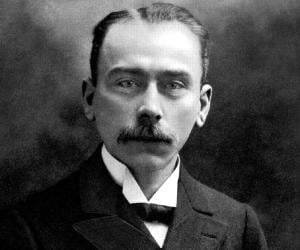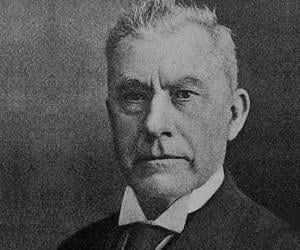
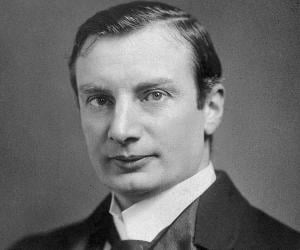
John Franklin Enders was an American biomedical scientist best remembered for winning the Nobel Prize in Physiology or Medicine in 1954 along with Thomas Huckle Weller and Frederick Chapman Robbins for discovering that poliomyelitis viruses have the ability to grow in cultures of different types of tissue. John Franklin Enders is often referred to as the Father of Modern Vaccines.
Ferdinand Cohn was a German biologist who is credited with co-founding microbiology and modern bacteriology. Apart from publishing more than 150 research reports, Cohn also made significant contributions to the field of botany. He was also the first person to classify algae as plants. Ferdinand Cohn received the prestigious Leeuwenhoek Medal in 1885.
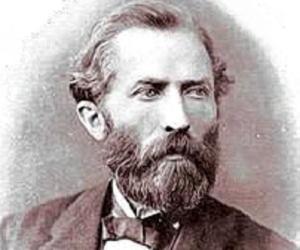
German surgeon and botanist Heinrich Anton de Bary is regarded as the pioneer of plant pathology and mycology. Apart from teaching botany, he chalked the life cycles of many fungi and also coined the term symbiosis to explain the mutually beneficial co-existence of many orgnanisms, such as fungi and algae.
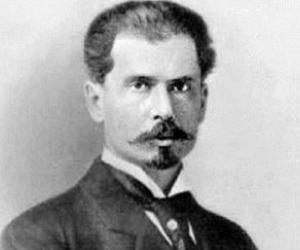
Russian microbiologist Sergei Winogradsky was the first to suggest the concept of the cycle of life. Born into a family of lawyers, he initially aspired to be a lawyer and also studied music, before switching to chemistry and then botany. His research covered sulfur-oxidizing bacteria and the nitrogen cycle.
Nobel Prize-winning Belgian immunologist and microbiologist Jules Bordet is remembered for his discovery of blood serum components that are capable of destroying bacteria. He later established the Pasteur Institute of Brussels and taught at the Free University of Brussels. He also discovered the Bordetella pertussis bacteria that causes whooping cough.
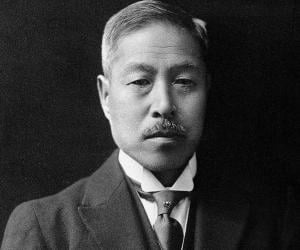
Shiga Kiyoshi was a Japanese bacteriologist and physician. He is credited for many scientific discoveries, including the discovery of the Shigella dysenteriae microorganism. He also conducted research on diseases such as trypanosomiasis and tuberculosis. Kiyoshi Shiga is also credited with making numerous advancements in immunology and bacteriology.
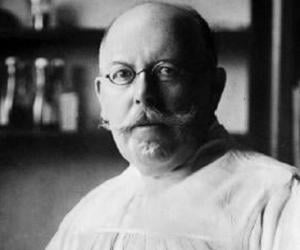
Born to a German army surgeon, bacteriologist Friedrich Loeffler followed in his father’s footsteps and served as an army doctor for a while before becoming an academic. He later co-discovered the Klebs-Löffler bacillus, the organism that causes diphtheria, and developed a serum to detect it, apart from founding a microbiology-oriented journal.
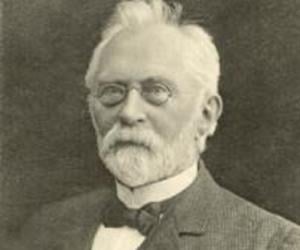
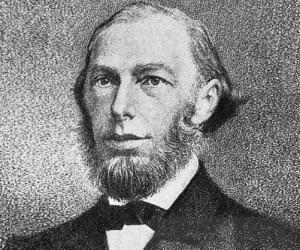
Max Schultze was a German microscopic anatomist best remembered for his work concerning cell theory. He is credited with coining many botanical names and the author abbreviation M.Schultze is generally used to indicate Max Schultze as the author when citing a named coined by him.
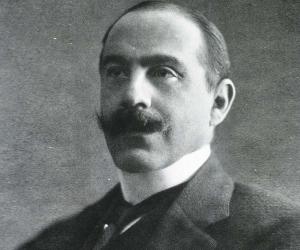
August von Wassermann was a German hygienist and bacteriologist. He is best remembered for developing a complement fixation test that allowed for early detection of syphilis in 1906. The test helped prevent the transmission of the disease and played a major role in the diagnosis of syphilis. In 1921, August von Wassermann became the first winner of the Aronson Prize.
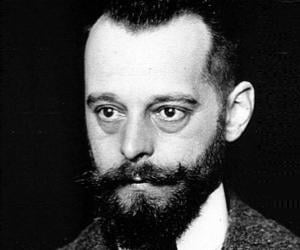
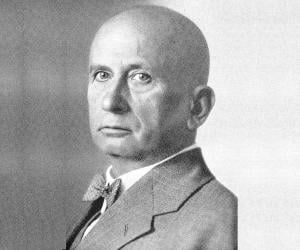
Friedrich Karl Kleine was a German pharmacologist and microbiologist. He is best remembered for developing the first successful remedy for African trypanosomiasis or sleeping sickness. Friedrich Karl Kleine was the recipient of several prestigious awards, including the Bernhard Nocht Medal, which was awarded to him in 1925.
